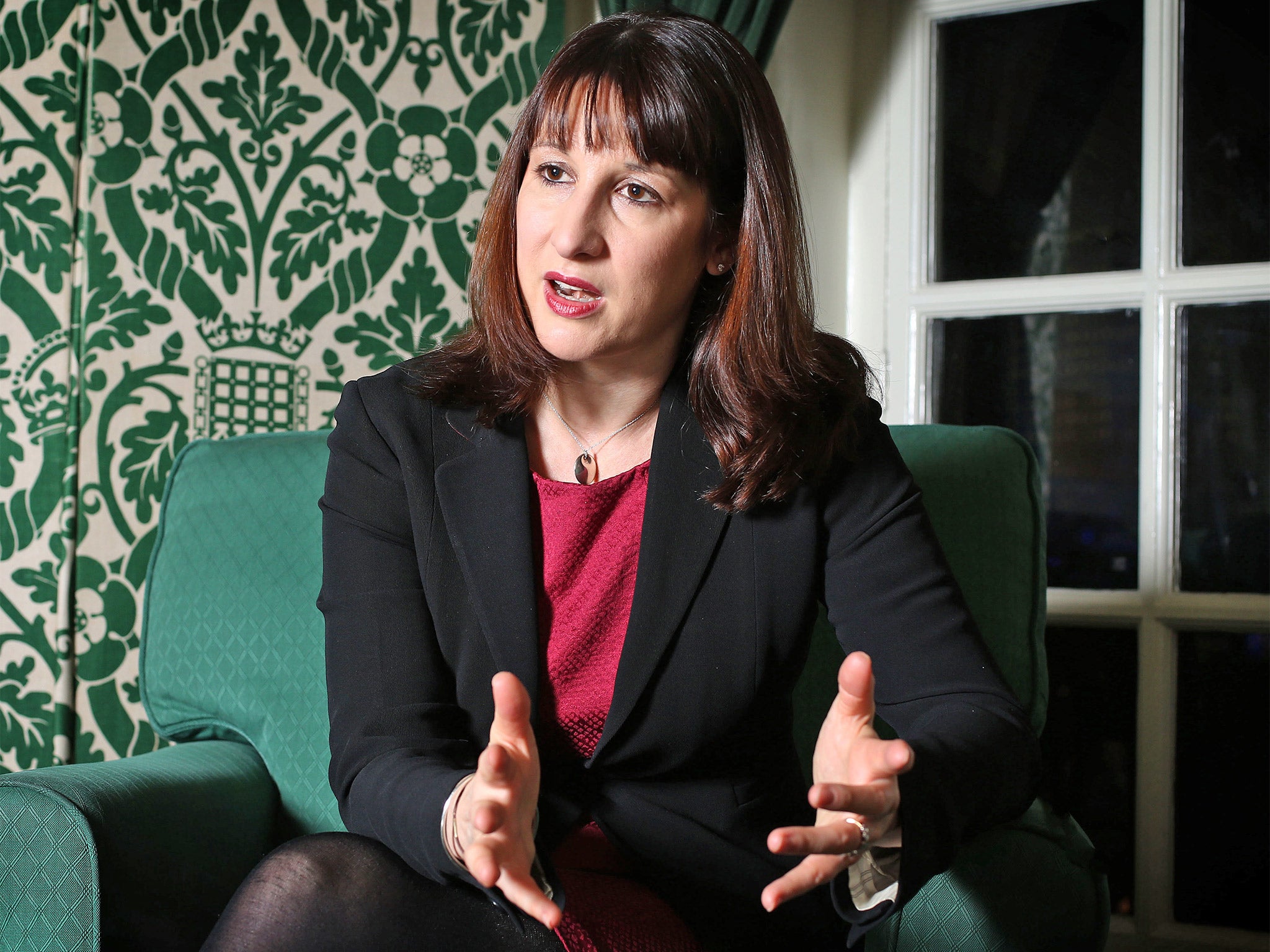Low wages force Britain to spend £900m more on tax credits than planned
More people forced to take low-paid jobs

Your support helps us to tell the story
From reproductive rights to climate change to Big Tech, The Independent is on the ground when the story is developing. Whether it's investigating the financials of Elon Musk's pro-Trump PAC or producing our latest documentary, 'The A Word', which shines a light on the American women fighting for reproductive rights, we know how important it is to parse out the facts from the messaging.
At such a critical moment in US history, we need reporters on the ground. Your donation allows us to keep sending journalists to speak to both sides of the story.
The Independent is trusted by Americans across the entire political spectrum. And unlike many other quality news outlets, we choose not to lock Americans out of our reporting and analysis with paywalls. We believe quality journalism should be available to everyone, paid for by those who can afford it.
Your support makes all the difference.Taxpayers have been hit by a bill for an extra £900m in wage top-ups in the past year because so many of the new jobs being created are low-paid.
Labour seized on figures in the small print of the report by the Office for Budget Responsibility, the tax and spending watchdog, which accompanied last week’s Autumn Statement by George Osborne.
The Opposition said that the unexpected rise in the £30bn-a-year cost of tax credits was explained by other statistics on the OBR report. These showed that most people who have moved into work since 2010 took lower-paid jobs. Since then, the number of people working in jobs paid less than £20,000 (in 2014 prices) has increased by 1.5m, while the number of people working in jobs paid above this level has decreased by 800,000. The increase in low-paid jobs is pushing up the tax credit bill: since December last year, the OBR has found that the DWP will have to spend £900m more than planned on tax credits.
Rachel Reeves, the shadow Work and Pensions Secretary, said: "These shocking new figures from the Autumn Statement show the huge increase in low-wage jobs is costing taxpayers an extra £900m in tax credits alone this year. Low pay and high rent levels are also driving up the number of working people claiming housing benefit, costing taxpayers billions of pounds. It's more evidence of Tory welfare waste which Britain can't afford.”
Labour argues that the figures underline the need to tackle the cost of living crisis. Low pay is partly responsible for lower-than-expected tax revenues, which have forced the Chancellor to cut the deficit more slowly than he planned.
Ms Reeves said: “Labour will back people who do the right thing, work hard and contribute. We will halve the number of people on low pay by 2025, raising the minimum wage to £8 an hour in the next parliament, providing incentives for employers to pay a living wage and creating more high quality apprenticeships."
According to Labour, the number of workers paid less the Living Wage rose from 3.4m in 2010 to 4.9m this year. It said the Government has spent £1.4bn more than planned since 2010 on housing benefit for people in work due to low pay and inadequate housing supply.
A Treasury spokesman said: “The Government’s long-term economic plan is working, delivering record annual falls in unemployment and more people in work than ever before. 85 per cent of the jobs created over the past year have been full time, and three quarters of them have been in high-skilled areas. Those that have been in work for at least a year have seen their annual wages rise by over four per cent. But the job is not done, which is why we will go on working through the plan to secure a responsible recovery and stay on course to prosperity.”
The Treasury also trumpeted figures published today showing that the standing of living in Britain rose to the joint fourth highest in the European Union last year. The UK is on a par with Denmark, Sweden and Finland after moving above France, Italy and the Netherlands, but still trails Luxembourg, Germany and Austria.
Priti Patel, the Exchequer Secretary to the Treasury said: “Two years ago Ed Miliband said we needed to break from austerity and be more like Francois Hollande. Labour was wrong then and it is wrong now.”
What are tax credits?
Tax credits, which top up the wages of people on low incomes, were a flagship policy introduced by Gordon Brown when he was Chancellor. They now cost about £30bn a year.
To qualify for working tax credit, an employee must work at least 30 hours a week, be at least 25 years old and earn less than £13,253 a year if single and childless or £18,023 jointly if part of a couple. The basic payment is worth up to £1,940 a year.
Couples with children may be eligible for child tax credit for working at least 16 hours a week. Those with a household income up to £15,000 a year are paid up to £3,300 (one child), £6,050 (two children) or £8,805 (three children). There are higher rates for the disabled and help towards childcare costs.
The Coalition Government cut tax credits by about £550m in 2012, with an estimated 212,000 families losing out.
Join our commenting forum
Join thought-provoking conversations, follow other Independent readers and see their replies
Comments